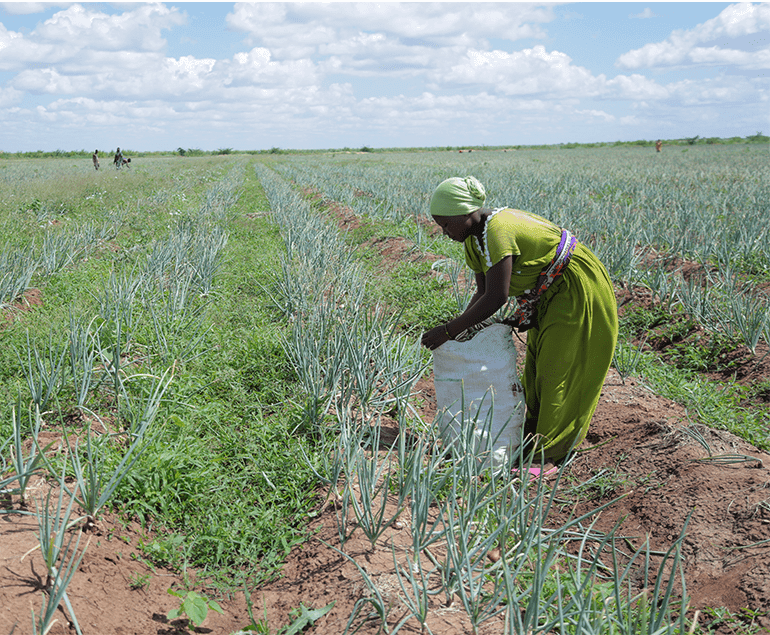We're loading the full news article for you. This includes the article content, images, author information, and related articles.
Residents of Damaja and Matagala villages in Bura Constituency are vehemently opposing the National Irrigation Authority's plan to allocate land within the Bura Irrigation Scheme to investors.

Bura, Tana River County – A contentious plan by the National Irrigation Authority (NIA) to introduce private investors into the Bura Irrigation Scheme has ignited strong opposition from residents of Damaja and Matagala villages. Locals gathered on Monday, September 29, 2025, to voice their concerns, accusing the NIA of sidelining them in crucial decision-making processes regarding their ancestral lands.
The residents claim the NIA has consistently ignored their pleas for clarification on the precise boundaries of the land earmarked for investor cultivation. This lack of transparency has fueled fears that the expansion will dispossess them of land they have historically occupied and relied upon for their livelihoods.
Community leaders and local representatives have thrown their weight behind the residents' stance. The area Member of Parliament, whose name was not explicitly provided in the initial report, publicly declared solidarity with the community, stating, “Investor kuanzia leo, venye watu wangu wamekataa, ndio mimi kama mbunge yao pia nimekataa kabisa.” This statement underscores the unified local opposition to the proposed investor involvement.
The Bura Irrigation Scheme, a vital agricultural project in Tana River County, has historically aimed to boost food security and economic development in the arid region. However, the current expansion plans have brought to the forefront long-standing issues of land ownership, community consultation, and equitable resource distribution.
The Tana River region, including Bura, has a complex history of land tenure, often characterized by customary land rights that predate formal titling. For generations, communities have relied on these lands for pastoralism, subsistence farming, and access to water resources. The introduction of large-scale irrigation projects, while promising development, has frequently led to conflicts over land ownership and displacement concerns.
Residents argue that their ancestral claims to the land should take precedence and that any development initiatives must be undertaken with their full and informed consent. They fear that allowing external investors to cultivate large tracts of land will not only displace them but also disrupt their traditional social structures and access to essential resources.
The protesting residents are demanding immediate and comprehensive engagement with the NIA. Their key demands include:
Analysts suggest that this escalating dispute could significantly influence public debate and policy execution regarding land use and large-scale agricultural projects in Kenya. Stakeholders are urging the government and the NIA to provide clarity on timelines, project costs, and, crucially, the safeguards in place to protect community rights and environmental integrity.
The situation in Bura highlights a broader national challenge of balancing development aspirations with the protection of indigenous land rights. How the NIA and the government address these concerns will set a precedent for future development projects across the country, particularly in areas with sensitive land tenure issues.
The outcome of this standoff will be closely watched, as it will determine whether development can proceed in a manner that is both economically viable and socially just for the communities directly impacted.
Keep the conversation in one place—threads here stay linked to the story and in the forums.
Sign in to start a discussion
Start a conversation about this story and keep it linked here.
Other hot threads
E-sports and Gaming Community in Kenya
Active 9 months ago
The Role of Technology in Modern Agriculture (AgriTech)
Active 9 months ago
Popular Recreational Activities Across Counties
Active 9 months ago
Investing in Youth Sports Development Programs
Active 9 months ago